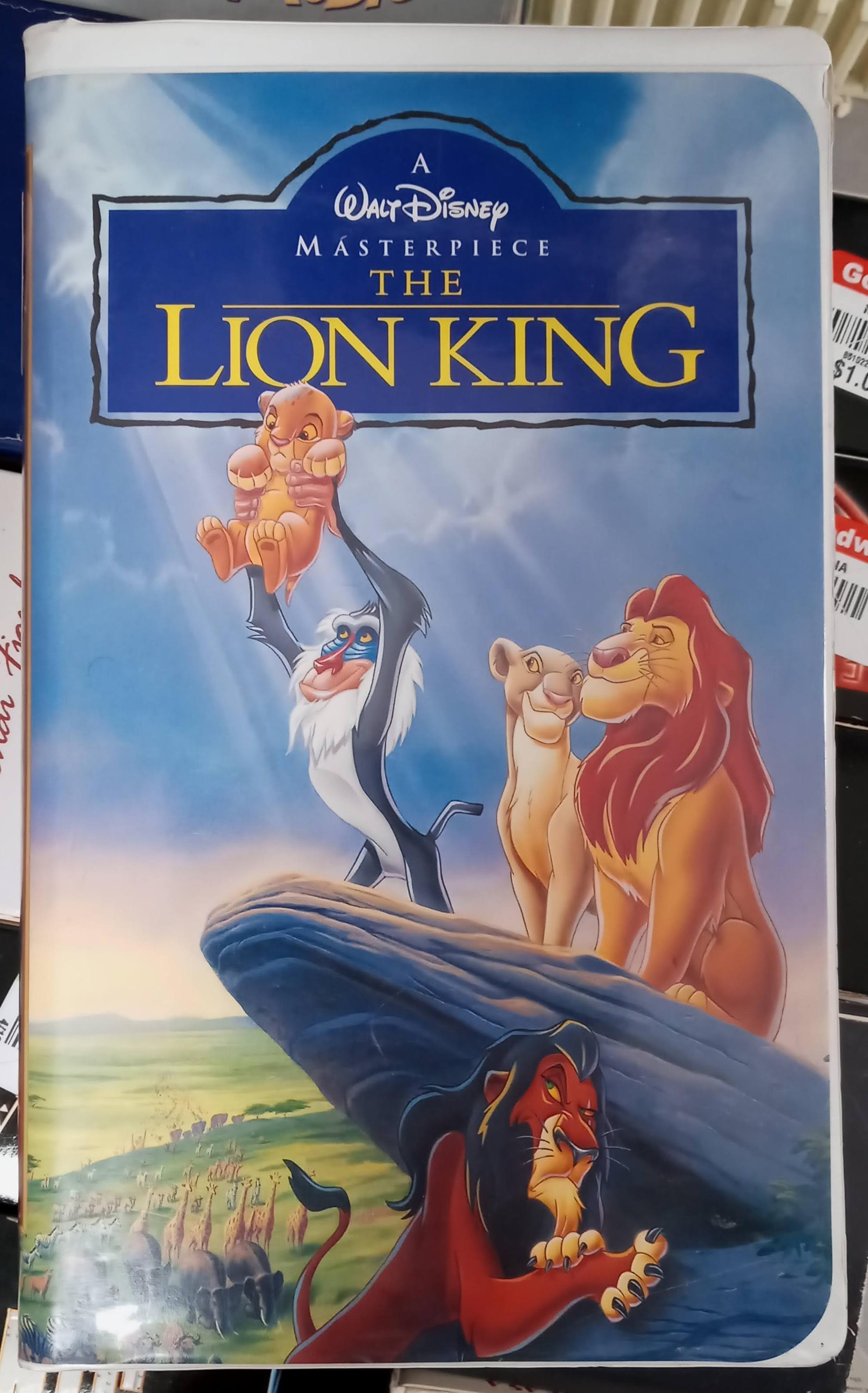In the ever-evolving landscape of cinema, the interplay between visual storytelling and auditory experience has become an art form in itself. Soundtracks, once merely accompaniments to the on-screen action, have now emerged as pivotal elements that can transform the emotional resonance of a film. They possess the uncanny ability to amplify the narrative, evoke profound emotions, and linger in our memories long after the credits roll. This article delves into the best film reviews that focus on the symbiotic relationship between soundtracks and their emotional impact. By examining the most compelling critiques, we aim to uncover how masterful scores and sound design not only enhance but also define the cinematic experience, promising a journey through the auditory landscapes that shape our emotional responses to film. Join us as we explore the harmonious convergence of sound and sentiment in the world of cinema.
Masterpieces of Music: Soundtracks That Elevate Cinema
When we delve into the artistry of film, the soundtracks often emerge as unsung heroes, crafting emotional landscapes that words alone cannot convey. Think of Hans Zimmer‘s incomparable score for “Inception“, where the pulsating rhythms and haunting melodies blur the lines between dream and reality. Another exemplary case is John Williams’ iconic music for “Schindler’s List”, where the violin solos pierce through the narrative, embedding a profound sense of sorrow and hope.
Several soundtracks have achieved a symbiotic relationship with their films, enhancing the viewer’s emotional journey. Consider the following masterpieces:
- Ennio Morricone’s work in “The Good, the Bad and the Ugly” - A masterclass in using music to amplify tension and drama.
- Howard Shore’s score for “The Lord of the Rings” – Seamlessly integrates with the epic tale, providing an auditory tapestry that is as rich as Tolkien’s world.
- Alexandre Desplat’s compositions for “The Shape of Water” – A perfect blend of whimsy and melancholy that complements the film’s romantic and otherworldly essence.
These soundtracks do more than accompany scenes; they elevate the cinematic experience, turning moments into memories and stories into timeless tales.
Emotional Resonance: How Music Shapes Movie Narratives
In the realm of cinematic storytelling, music serves as a silent narrator, guiding the audience’s emotions and enhancing the narrative arc. The soundtrack of a film can transform an ordinary scene into an unforgettable moment. Take, for example, the poignant use of Hans Zimmer’s compositions in “Interstellar.” The merging of visuals and Zimmer’s score creates a powerful synergy that transcends the screen, allowing viewers to feel the weight of interstellar travel and the emotional gravity of human connection.
Consider the following standout examples of how soundtracks have shaped movie narratives:
- John Williams’ score in “Schindler’s List”: The haunting violin solos encapsulate the sorrow and hope of the Holocaust era, turning historical events into a deeply personal experience.
- Ennio Morricone’s music in ”The Good, the Bad and the Ugly”: The iconic melodies heighten the tension and drama, becoming almost a character in their own right.
- Trent Reznor and Atticus Ross in “The Social Network”: The electronic score underscores the modern, frenetic pace of the digital age, reflecting the protagonist’s isolation and ambition.
By carefully crafting the auditory landscape, these composers ensure that the emotional resonance of the film is not only seen but profoundly felt.

Top Picks: Films Where Soundtracks Steal the Show
When it comes to films where the soundtracks take center stage, the emotional impact is often unparalleled. Here are some standout selections that demonstrate the profound effect a well-curated score can have on storytelling and viewer experience:
- Inception – Hans Zimmer’s powerful and haunting compositions elevate Christopher Nolan’s mind-bending narrative to new heights, making each twist and turn more impactful.
- La La Land – Justin Hurwitz’s jazzy, nostalgic score perfectly complements the film’s romantic, dreamy atmosphere, creating an unforgettable musical journey.
- Guardians of the Galaxy – This film’s retro mixtape of ’70s and ’80s hits not only sets the tone for the film’s quirky and adventurous spirit but also adds layers of emotional depth to its characters and story arcs.
Each of these films showcases how a soundtrack can transcend its role as mere background music to become an integral part of the narrative, amplifying emotions and enriching the cinematic experience.

Critics Choice: Emotionally Charged Soundtracks You Cant Miss
Few things in cinema have the power to move an audience quite like a masterfully crafted soundtrack. Emotionally charged soundtracks can elevate a film from mere entertainment to an unforgettable experience. Here are some standout examples that have left an indelible mark on viewers:
- Hans Zimmer’s score for “Interstellar”: This soundtrack takes listeners on an emotional rollercoaster, perfectly complementing the film’s exploration of love and sacrifice across the cosmos. Zimmer’s use of a church organ and intricate soundscapes creates a sense of vastness and intimacy simultaneously.
- John Williams’ compositions for “Schindler’s List”: Williams’ haunting violin solos capture the profound sorrow and resilience depicted in the film. The music not only enhances the narrative but also provides a poignant reminder of the historical events it portrays.
- Max Richter’s “On the Nature of Daylight” in “Arrival”: This piece of music underscores the film’s themes of communication and loss, imbuing each scene with a sense of melancholic beauty. Richter’s minimalist approach ensures that every note resonates deeply with the audience.
These soundtracks don’t just accompany the visuals; they amplify the emotional stakes, ensuring that the stories linger in the hearts and minds of viewers long after the credits roll.































